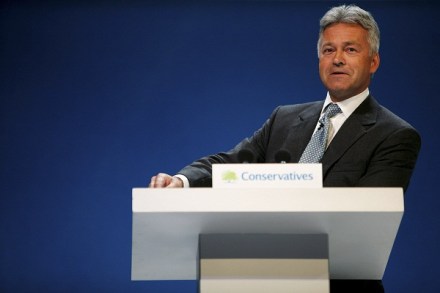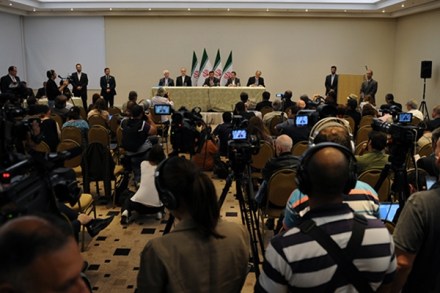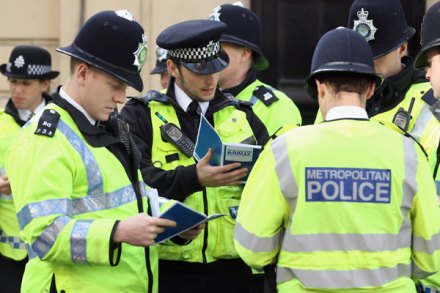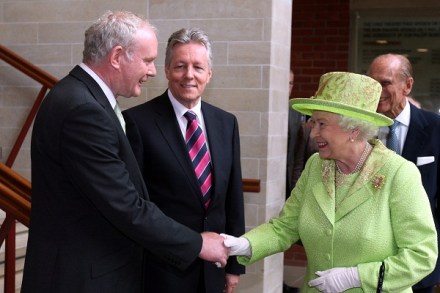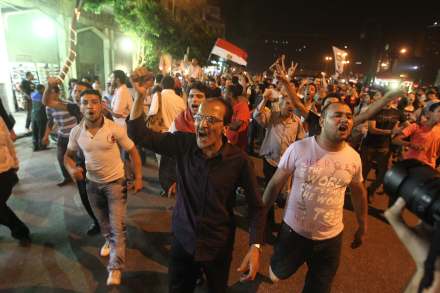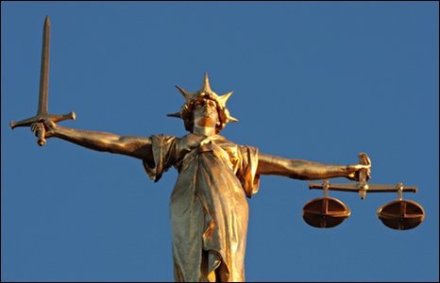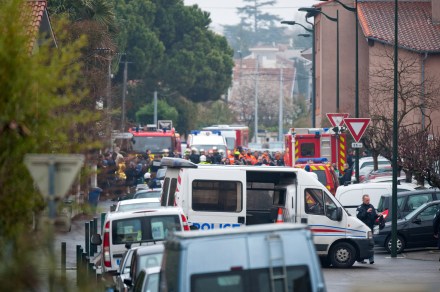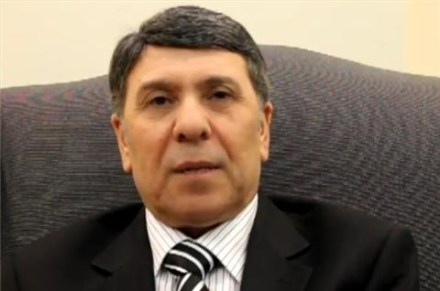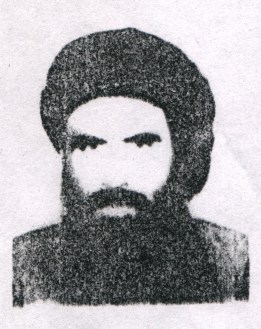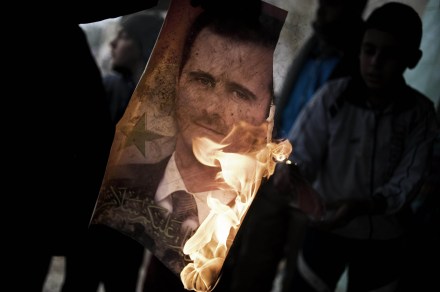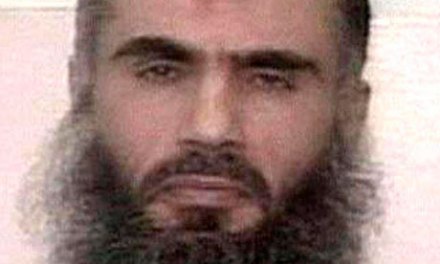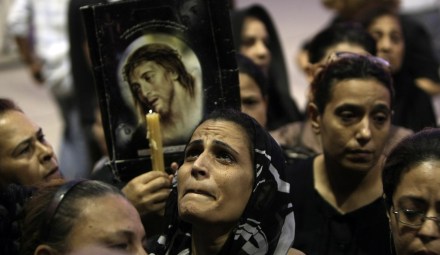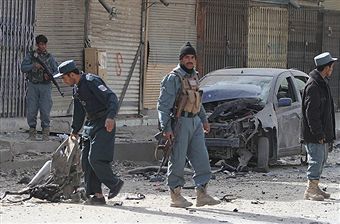The BBC saga distracts from Abu Qatada deportation and bail decision
The decision to award George Entwistle a £1.3 million payoff appears, as my colleague Rod Liddle notes, to have misjudged the public mood (and indeed the mood of the majority of hard working and underpaid BBC staff). It is the sort of development about which the government feels it ought to comment, to provide a source of moral leadership. There is an added complication because the government must do so without infringing the BBC’s independence. There is even more danger in this case because the Chairman of the BBC has launched a very spirited assault on the corporation’s detractors in the Murdoch press and elsewhere; this is a possible culture war in the making. Naturally, the



